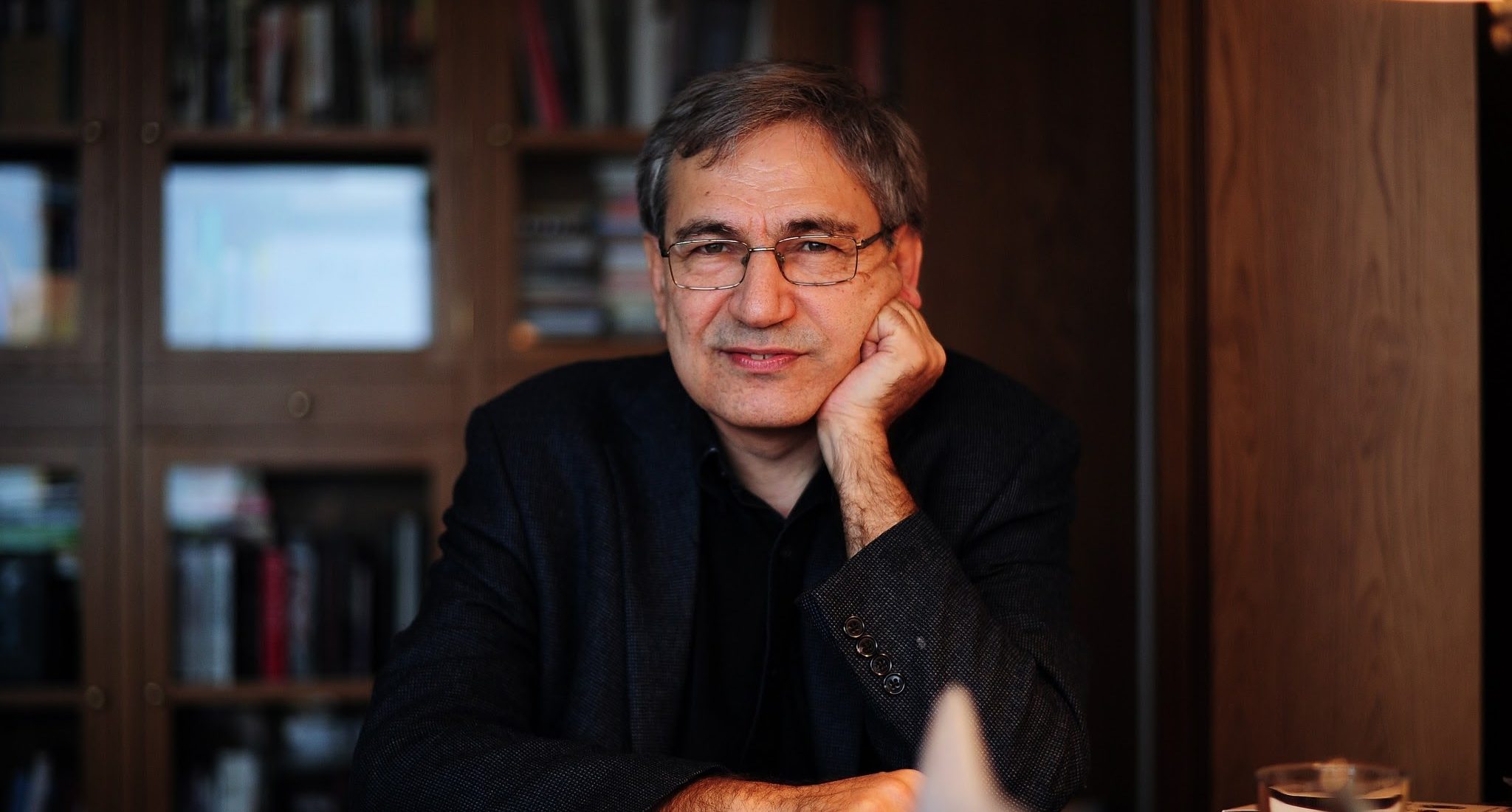The new work by the Turkish Nobel Prize tells the last acts of the Ottoman Empire, but also speaks of our time, between pandemic and populism
April 1901. On the island of Mingher, an imaginary Ottoman province along the route between Istanbul and Alexandria in Egypt, the plague is spreading: an invisible but lethal threat that threatens to bring an Empire to its knees already defined by many as the «great sick man of Europe ».
In the latest novel by the Turkish Nobel Prize winner Orhan Pamuk, The Nights of the Plague (Einaudi, pp. 713, euro 25), there is talk of an epidemic that upsets a hitherto tranquil world, of nationalisms and populisms that fan the flames of fear, of regimes that slide towards authoritarianism under the pretext of defense of security and identity. Surprisingly current scenarios, although the story unfolds a century ago and Pamuk has been thinking about this book for decades. But great writers – as we know – have the ability to “tell our stories as if they belonged to others, and to tell the stories of others as if they were our own”: this is reiterated by the scholar Mina di Mingher who, in the literary fiction chosen by the author, reconstructs the facts through the one hundred and thirteen letters sent to her sister by Princess Pakize, granddaughter of Sultan Abdul Hamid.
The young woman, freshly married to the brilliant doctor Nuri Bey, lands on the island together with her consort, commissioned by the Sultan to investigate the mysterious killing of the luminary infectious disease specialist Bonkowski, who was supposed to arrange the health measures to stop the disease. A crime revealing the tensions simmering in the shadow of the domes of the Orthodox church, the Catholic church and the nearby New mosque in the center of the capital Arkaz, with its shops and avenues teeming with life, destined to remain abruptly deserted.
The plague and the quarantine exacerbate the clash between Muslim sheikhs and Greek Orthodox pharmacists, between the needs of science and beliefs of faith, but also between imperial power and local authorities, tempted by autonomist impulses. While infections and deaths increase, fear emerges at the center of the narrative, which creeps into the life of the community and into the intimacy of the protagonists, and reflects the fear of the definitive decline of the Ottoman Empire, caught between the games of the great powers. Among the pages there are references to the autocracy of today’s Turkish strongman, Erdoğan, but Pamuk also launches a more general warning to our imperfect democracies, called to face the widespread threat of authoritarianism.
